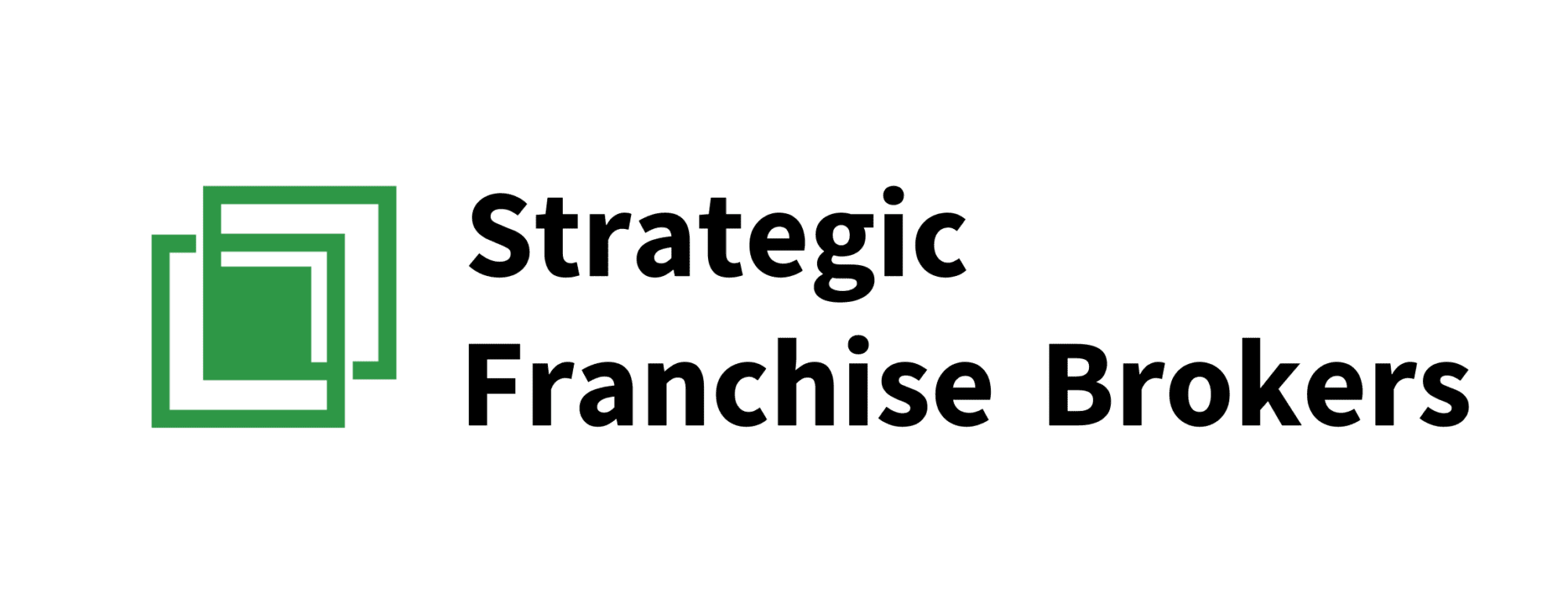- December 17, 2024
- Posted by: Strategic Franchise Brokers
- Category: Franchising

Franchise law is a specialized area that encompasses various aspects of franchising, such as creating franchise agreements, resolving disputes, and ensuring compliance with regulatory standards. Franchise lawyers typically specialize in one of two key areas: litigation or documentation. Understanding the distinctions between these roles is crucial when determining which type of lawyer to work with.
Franchise Litigation Lawyers
Franchise litigation lawyers focus on resolving disputes that arise between franchisors and franchisees or with external parties. Their expertise lies in representing clients during legal conflicts and guiding them through the complexities of courtroom or arbitration proceedings.
Primary Responsibilities of a Franchise Litigation Lawyer:
- Handling Disputes:
- Resolving disagreements related to franchise agreements, termination, non-compete clauses, encroachment, and more.
- Addressing claims of franchise fraud, misrepresentation, or breach of contract.
- Legal Representation:
- Representing franchisors or franchisees in court, arbitration, or mediation.
- Regulatory Compliance Defense:
- Defending clients against claims of non-compliance with state or federal franchise regulations, such as the Federal Trade Commission (FTC) Franchise Rule.
- Crisis Management:
- Advising clients during critical disputes that could impact the franchise’s reputation or operations.
When to Work with a Franchise Litigation Lawyer:
- If you’re involved in a lawsuit or arbitration as either a franchisor or franchisee.
- If a dispute over the enforcement or interpretation of a franchise agreement arises.
- If you’re facing allegations of violations of franchise laws or fraud.
Franchise Documentation Lawyers
Franchise documentation lawyers specialize in the preparation, drafting, and compliance aspects of franchise agreements and legal documents. Their work is proactive and focuses on creating a strong legal foundation for franchise systems.
Primary Responsibilities of a Franchise Documentation Lawyer:
- Franchise Disclosure Document (FDD) Drafting:
- Preparing the FDD, which is a mandatory document that provides prospective franchisees with essential information about the franchise offering.
- Ensuring the FDD complies with federal and state regulations.
- Franchise Agreement Development:
- Drafting comprehensive franchise agreements that detail the rights, obligations, and relationships between franchisors and franchisees.
- Compliance Advisory:
- Advising franchisors on compliance with the FTC Franchise Rule and state-specific franchise laws.
- Filing necessary registration documents in registration states (e.g., California, New York, Illinois).
- Trademark Protection:
- Assisting with the registration and protection of trademarks, which are critical assets for franchise systems.
- Expansion Strategy Support:
- Guiding franchisors on legal aspects of scaling their business, including multi-unit agreements, master franchising, and international expansion.
When to Work with a Franchise Documentation Lawyer:
- If you are launching a new franchise system and need to create the legal framework.
- If you need to update or revise your existing FDD and franchise agreements.
- If you are entering a new state or country with specific franchise registration or disclosure requirements.
Key Differences Between the Two Types of Franchise Lawyers
| Aspect | Litigation Lawyer | Documentation Lawyer |
|---|---|---|
| Focus | Resolving disputes and conflicts. | Drafting and ensuring compliance of legal documents. |
| Nature of Work | Reactive (responding to disputes). | Proactive (preventing disputes). |
| Client Needs | Legal representation in conflicts. | Structuring franchise operations legally. |
| Skills Required | Advocacy, negotiation, courtroom expertise. | Drafting, regulatory compliance, legal advising. |
| Use Case | Lawsuits, arbitration, and crisis management. | Launching a franchise or ensuring compliance. |
Which Lawyer Should You Work With?
The decision depends on your needs as a franchisor or franchisee. Here are guidelines:
Work with a Franchise Litigation Lawyer If:
- You are facing a legal dispute or conflict.
- You need representation in court, arbitration, or mediation.
- A franchisee or franchisor has breached their contractual obligations.
Work with a Franchise Documentation Lawyer If:
- You’re starting a franchise system and need legal documents prepared.
- You need to update your FDD or franchise agreements.
- You’re expanding into new regions and need compliance guidance.
When Both May Be Necessary:
- If you’re creating a franchise system but also anticipate potential disputes (e.g., in a highly competitive market), you may need both types of lawyers. For example, a documentation lawyer can create robust agreements that reduce legal risk, while a litigation lawyer can address any arising conflicts.
Real-Life Example
1.Franchise Documentation Lawyers in Action:
- A fast-growing restaurant chain expanding through franchising needs a documentation lawyer to prepare an FDD, trademark protections, and agreements for multi-unit franchises.
2. Franchise Litigation Lawyers in Action:
- A franchisee alleges a franchisor misrepresented earnings potential during the sales process, resulting in a dispute. The franchisor hires a litigation lawyer to defend their position in arbitration.
Both franchise litigation and documentation lawyers play critical roles in the success and protection of franchise systems. While litigation lawyers address conflicts, documentation lawyers focus on creating robust legal structures that minimize risks. The choice of which type to work with depends on your immediate and long-term needs, but for most franchisors, engaging a documentation lawyer early on can prevent many issues that might otherwise require litigation down the road.
For more information and help finding the right franchise attorney, contact us:
